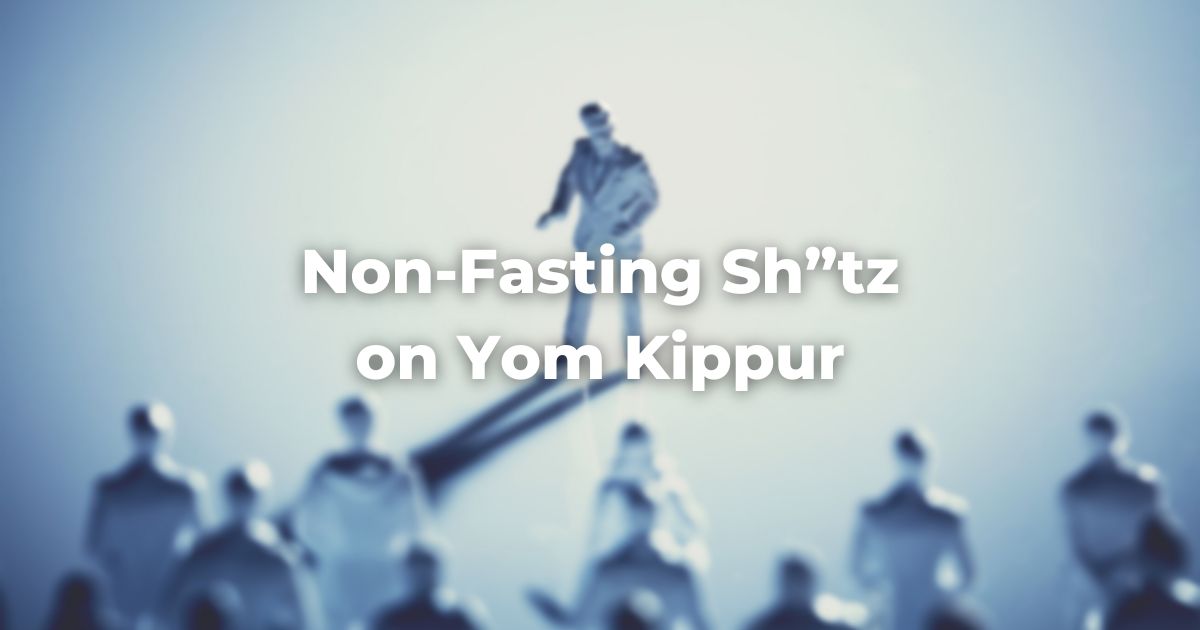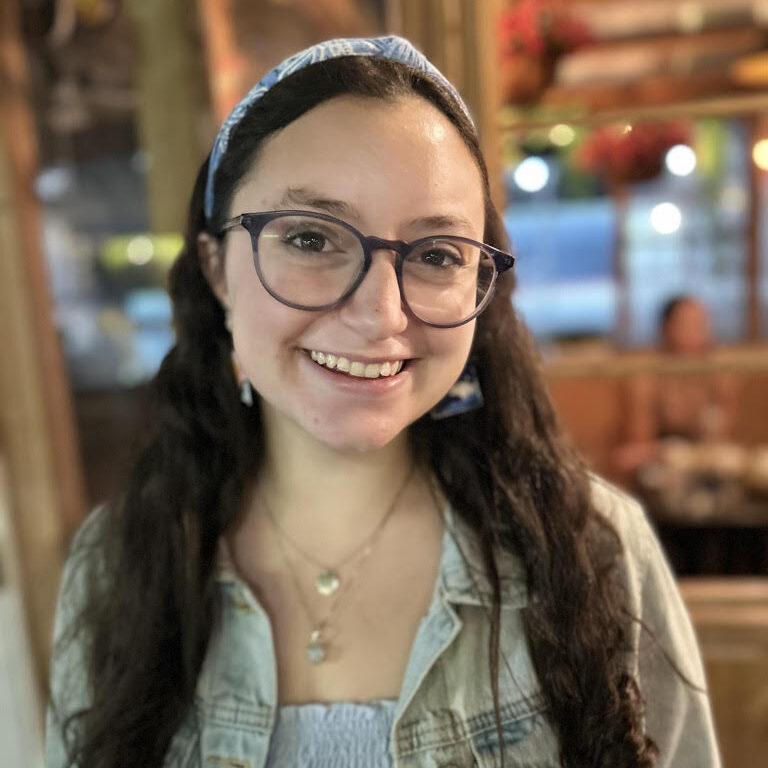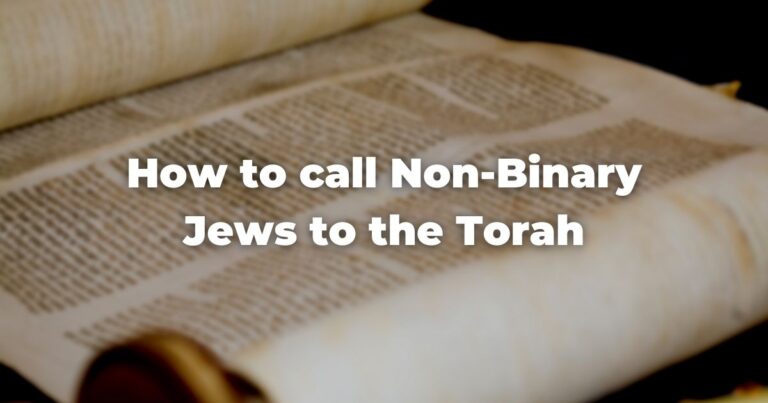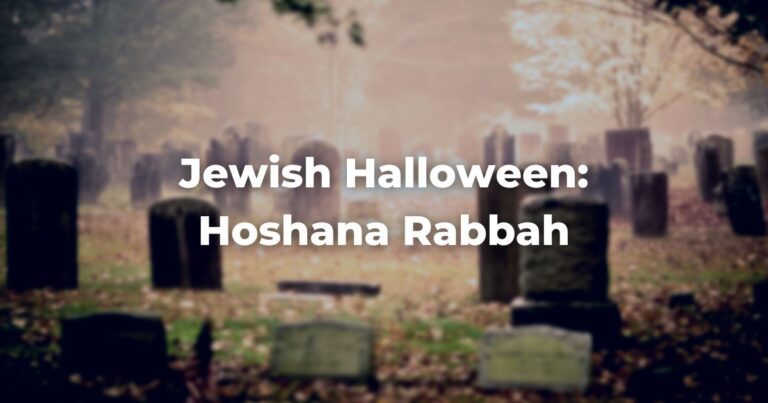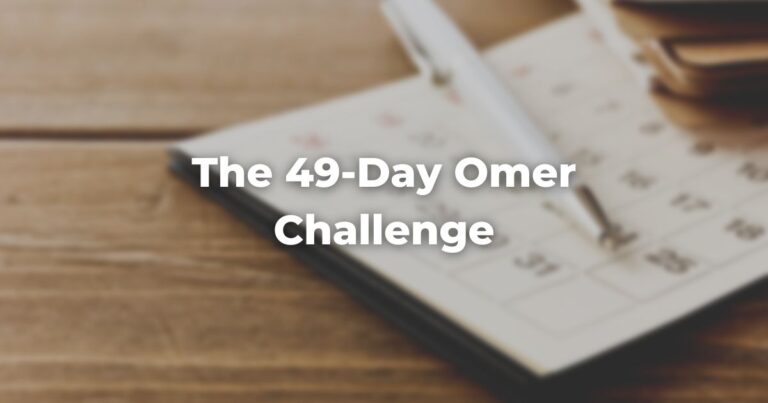Table of Contents
“May a person who is unable to fast on Yom Kippur for medical reasons nonetheless serve as shaliah tzibbur on that day?”
This article has been adapted from Rabbi Gail Labovitz’s teshuvah, called “The Non-Fasting Shaliah Tzibbur on Yom Kippur.” You can read the entire teshuvah here.
This teshuvah specifically addresses those that are exempt from fasting on Yom Kippur for medical reasons.
A shaliah tzibbur—literally translated—is the emissary of the public. However, this position is better understood as the leader of prayers during services. It is often abbreviated as sh”tz, pronounced shatz.
Understanding the Obligation to Fast
The concept of fasting on Yom Kippur comes from several places in the TorahRefers to the first five books of the Hebrew Bible, the Tanakh, also called the Five Books of Moses, Pentateuch or the Hebrew equivalent, Humash. This is also called the Written Torah. The term may also refer to teachings that expound on Jewish tradition. Read more (Leviticus 16:29-31, Leviticus 23:27-32, Numbers 29:7), when the Israelites are commanded to “practice self-denial” on the day that became Yom Kippur. This is what’s called a mitzvah d’oraitta, a mitzvah derived directly from the Torah.
(See more: On fasting)
Self-denial, in this case, is understood to refer to a number of actions, but predominantly fasting from food and drink.
However, it is not just about food: “The connections between atonement and fasting, between our spiritual goals and aspirations on Yom Kippur and abstention from bodily nourishment and pleasures,” can be a valuable addition to our experiences.
According to Rambam, this self-denial gives us the ability to focus solely on the work that goes into Yom Kippur, that of “confessing to and atoning for our sins.”
Choosing Not to Fast
The twenty-five hours that encompass Yom Kippur can be incredibly difficult to abstain from eating, even for those of us that have our complete health. But for those of us who struggle with certain medical conditions, “[we] are not able to forego the physical without serious threat to the spirit as well.”
We learn in Leviticus 18:5 — which is then expanded on by many commentators—that while we should live by God’s commandments, we should not die by them. This teaches us that the preservation of life is more important than most of the commandments. This concept is called Pikuach Nefesh—generally this is in reference to Shabbat but is applied to other mitzvot beyond that.
(See more: “Halakha and the Assessment of Risk,” Avram Reisner)
Ultimately, “if a person’s life or health will be threatened by fasting, that person is exempt from fasting, [and they] indeed must eat,” in regards to Yom Kippur.
“Therefore, the person who must eat on Yom Kippur in order to preserve [their] life and health may be violating one Torah commandment [that of fasting], but is doing so under the obligation placed on [them] by another Torah commandment,” to preserve their health.
Said more clearly: “It is not appropriate to consider this person, or similarly the one who must eat on Yom Kippur, as a sinner. Indeed, [they] may be deemed to be performing a mitzvah.”
This is an important takeaway: Those who are required to eat should feel secure to do so.
Medical Exemptions for Fasting/Medical Conditions Qualified for Fasting Exemptions
While choosing not to fast may be based on a number of different criteria, the criteria that Rabbi Labovitz uses, specifically in this case of the non-faster serving as the sh”tz, are relatively limited: “the category of being permitted or even commanded to eat, and thus to whom this teshuvah applies” are anyone for whom fasting would be dangerous, in a medical way.
This can include anyone with diabetes or other blood-sugar level related problems, weakness from illness or treatment, vital medications that are required to be taken with food, anyone in treatment for and recovery from eating disorders, and any other number of health situations.
Rabbi Labovitz also considered pregnant or nursing people and explained that while generally they may be required to fast, some may be exempt based on recommendations from their medical provider.
Additionally, while you can ask advice of your rabbi, their advice should not be in place of a doctor’s professional medical opinion, in regards to fasting. Further, if your doctor says you could fast but you feel you must eat, you should eat.
The Fasting Status of Our Sh”tz
Because of the deep importance of fasting on Yom Kippur, it is necessary for our sh”tz to be fasting as well.
Serving as a sh”tz is such an important role that scholars have referred to this as being an “emissary” (M Berakhot 5:5) for those in the congregation, speaking to the significance of the representation of the sh”tz. Therefore, the question of the fasting status of the sh”tz is important.
While on other communal fast days—such as Tisha B’av or Ta’anit Esther—the non-faster should not lead services, should the non-faster also not be allowed to lead services on Yom Kippur? On Yom Kippur, the non-faster could be allowed to serve as sh”tz. The answer to this question is different for Yom Kippur, than other, more minor, communal fast days because, “without communal participation, the fast, and therefore the ritual practices and liturgical changes that accompany it, cannot occur.”
“Yom Kippur, in contrast [to other communal fast days], is a fixed annual occasion, one that (as already noted) carries deep significance and theological import well beyond the restrictions on consuming food and drink, and that is observed ritually and liturgically in ways well beyond fasting along, including by the non-faster.”
Beyond this, there are other reasons why we should specifically accept a non-faster as our sh”tz.
The Non-Fasting Sh”tz
While a congregation should aim for their sh”tz to be fasting, there are people who should serve as sh”tz for Yom Kippur, despite their status as non-fasters:
-
- Someone is “a person of prominence and leadership in the community” and “that this person be a person of experience, empathy, and understanding, who will take the responsibility of speaking for the members of the community seriously and with sympathy for those who appointed [them].”
- This person should also be a “capable representative, both in terms of skills in leading the liturgy and as the best model of valued Jewish traits and behaviors.”
- Finally, “if a person is the usual prayer leader for the congregation [such as a rabbi or hazzan] and/or has been the prayer leader on Yom Kippur in previous years, and/or has been selected/hired to lead services for the whole of the Yamim Nora’im (what we often refer to as a ‘kol bo’), then that person has a prior claim on the position.” Moreover, the person hired for these purposes “ought to continue to do so, and should not be removed if they are otherwise able to fulfill the task.”
We should follow that “if that non-faster is in every other way the most qualified person to lead services on Yom Kippur, [they are] eligible and even the preferred to do so.”
These cases only refer to those already would be exempted from fasting and not that “this teshuvah should be construed as permission to eat so that one may serve as sh”tz” — or that if someone would only be capable of leading services they were not fasting, this should not be given as permission to eat in order to serve as sh”tz.
Although some of the above criteria also hold for choosing a sh”tz generally, the Shulkhan Aruch also explains that when choosing a leader for high holidays, the person should be, “most worthy, and the most distinguished in Torah and good dreads that it is possible to find … Nonetheless, all Israel are fit, so long as [the chosen person] is acceptable to the congregation…”
How the Non-Fasting Sh”tz Should Lead
Rabbi Labovitz also uses liturgical examples against the hesitation for a non-fasting sh”tz. If you are serving as a non-fasting sh”tz, here is a guide to make changes properly to your services, in order to accommodate your status as a non-faster.
(See more: For the full explanation on each of these, see Rabbi Labovitz’s full teshuvah, page 13-17)
Ruling and Summary
“A person who is unable to fast on Yom Kippur for medical reasons (as defined in the introduction above), may lead any part or all of services on that day…
“Considerations that might lead a community to choose such a person as their sh”tz include that the person is:
a) in all other ways acceptable to/preferred by the community
b) the most qualified person available in terms of ability to lead and/or as a model of Jewish values and behavior;
c) a regular leader of prayer in the community during the year and/or on the Yamim Nora’im or has been hired as a ‘kol bo’ for the Yamim Nora’im.
“It should be reiterated that this teshuvah is addressed to the person who has a prior reason for being exempted from fasting and obligated to eat. Nothing in this teshuvah should be construed as permission to eat so that one may serve as sh”tz, if one would otherwise be able to fast.
“Furthermore, although this point should be further developed in a future CJLS teshuvah on the ‘hows’ of eating for those medically unable to fast, I would suggest that even for those already prohibited to fast, permission to eat does not extend to eating ‘extra’ beyond that which is necessary to maintain one’s health and well-being in order to serve as sh”tz — or, to put this point in reverse, the non-faster should not serve as sh”tz if [they] will thereby feel the need to eat beyond what would otherwise be sufficient for [them] to preserve [their] health and well-being.
“Finally, as noted above, the person who must eat should nonetheless do so discreetly and out of public view.”
Author
-

Reena Bromberg Gaber is a student in the Joint Program with Columbia University and the Jewish Theological Seminary. At school, she is involved with Columbia/Barnard Hillel, Gamma Phi Beta, the Columbia Daily Spectator, and Artists Reaching Out. Growing up, Reena was involved with the Conservative movement, including many summers as a camper and staff member at Camp Ramah in the Poconos and in local, regional, and international leadership positions in USY. As Reena moves through college and into adulthood, she is excited to find a space for herself and her peers in the Conservative movement.
View all posts

